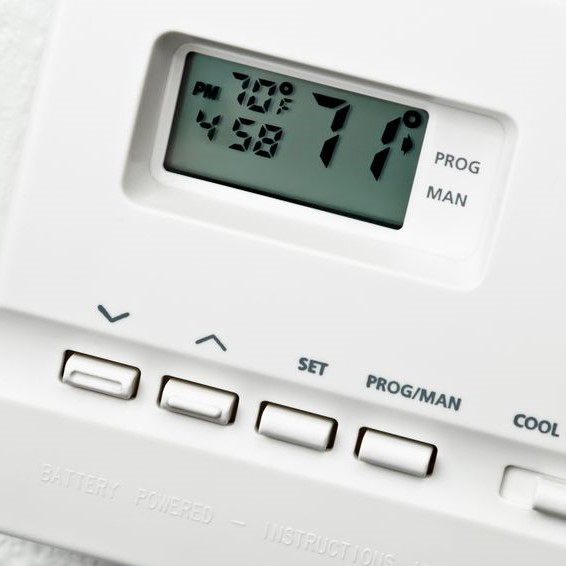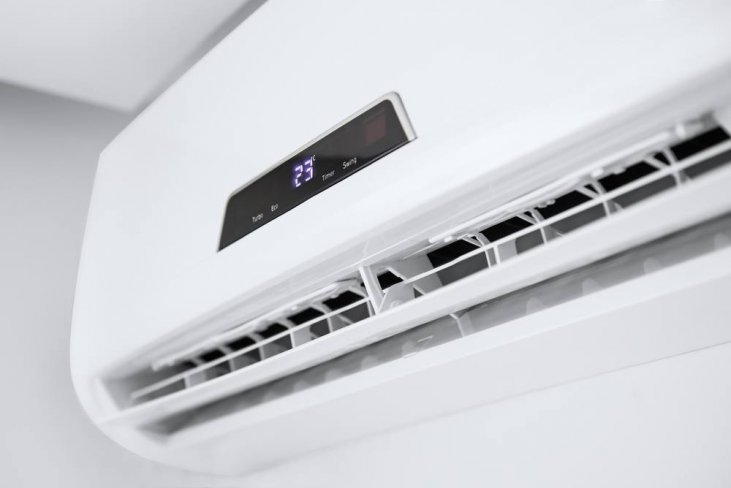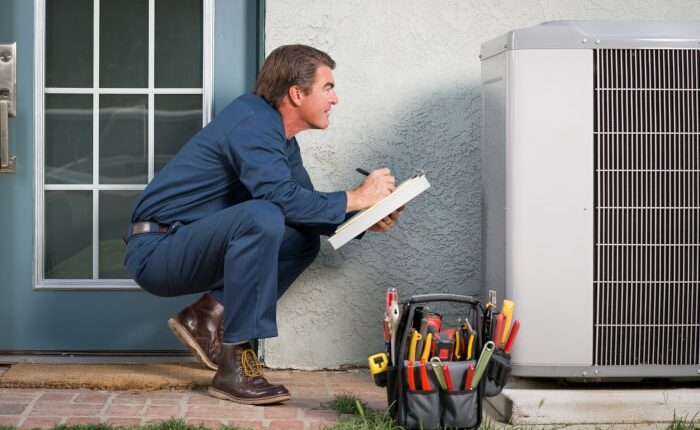Did you know many issues can prevent your air conditioning from performing at its labeled energy efficiency? As temperatures soar, everyone wants to save on their cooling bills. Understand what negatively affects AC efficiency, and you can take steps to help lower your energy consumption.
Factors that Affect Air Conditioning Efficiency

Lack of maintenance
Without annual maintenance, your air conditioning can develop a whole host of performance problems that will decrease the efficiency of your unit. Get a tune-up every year to ensure you get the best performance from your system.
Air Duct Conditions
Coupled with lower humidity, these factors can make your ducts more susceptible to clogging and speeding up the buildup of dirt within them. If your ducts are filthy, blocked, or in poor repair, your air conditioning won’t be able to properly distribute air and will lose efficacy. Aside from keeping an eye on your air conditioning maintenance, have your HVAC service check the condition of your ducts once a year.
Cleaning and patching air ducts is the most effective approach to ensure they function effectively, allowing you to get the most out of your air conditioner and increasing its overall cooling efficiency for better circulation and temperature control.
Improperly sized system
An undersized system is problematic because it’s overworked on hot days, which raises your energy bills. An oversize system isn’t any better. It may cool your home quickly, but frequent cycling increases wear and tear and causes uncomfortable temperature swings. Work with an air conditioning contractor to size any new HVAC equipment accurately.

Dirty AC Coils
When dirt builds up on your condenser or evaporator coils, it stops them from effectively transferring heat. This makes it impossible for your air conditioner to remove heat from your house and result in an energy drain. Keep your coils clean by getting your engine’s fluid changed every year (which includes a system cleaning) as well as keeping track of your air filter replacements.
Installing a higher-efficiency air filter will also aid to minimize dust build-up on your system. These special designed filters do a better job at keeping airflow open and often don’t need changed on a regular basis, however are often more expensive.


